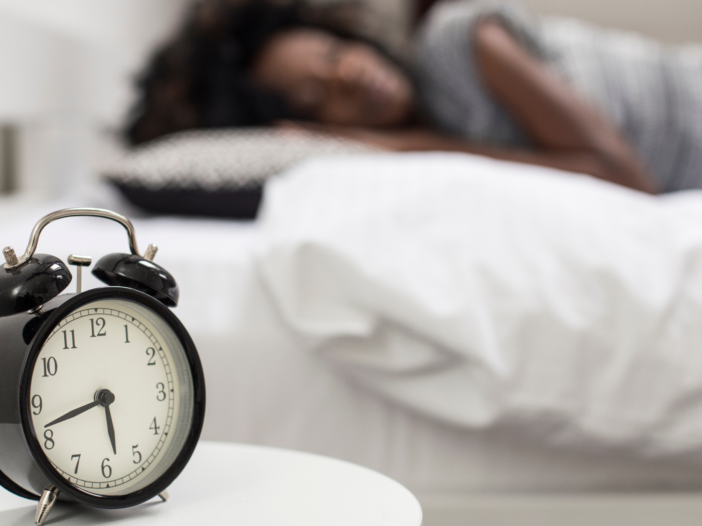
Sleep apnea is an all-too-frequent sleep disturbance characterized by multiple pauses in breathing during the night. This condition causes mild to severe issues and, if untreated, is detrimental to an individual’s quality of life.
While it is possible to obtain disability benefits for sleep apnea, meeting the guidelines to qualify is a complicated process. The Charlotte disability lawyers at Collins Price are here to help with your disability claim.
Sleep Apnea Symptoms
People with sleep apnea experience irregular breathing patterns during sleep, which stops their bodies from getting the oxygen they require and causes health issues.
Common signs include loud snoring, choking, and gasping while asleep. Those suffering from sleep apnea also experience extreme fatigue during the day and have difficulty concentrating or thinking clearly.
Types of Sleep Apnea
Both kinds of sleep apnea impact an individual’s breathing in the same way, but the types differ in source.
Obstructive Sleep Apnea
As the name suggests, this kind of sleep apnea occurs when the upper airway is repeatedly blocked during sleep. Obstructive sleep apena is the more common of the two forms, and it includes an array of risk factors.
Central Sleep Apnea
This type of sleep apnea happens when the brain fails to signal the lungs to breathe. This version is less common but does occur, and often coincides with breathing disorders and neurological conditions.
How Sleep Apnea May Qualify You for Disability Benefits
To qualify for disability benefits due to sleep apnea, there are many factors to consider. The Social Security Administration (SSA) first determines whether you have sufficient medical evidence supporting your sleep apnea diagnosis. Part of this substantiation typically includes a sleep study in addition to medical history.
Once confirmed, the SSA checks to ensure the claimant follows prescribed treatments to address the condition. This often includes the regular use of a Continuous Positive Air Pressure (CPAP) machine and lifestyle changes to improve nighttime sleep. Surgery may also be recommended if other treatments fail.
If treatments have all failed and your sleep apnea is part of a bigger picture that prohibits you from being able to work, your claim may qualify for benefits. This distinction is an important part of your case that a Social Security disability attorney can help you with.
Social Security Disability Lawyers – Charlotte, NC
The compassionate attorneys at our law firm are dedicated to each client and willing to go the extra mile whenever possible. We understand the stress involved with filing a disability benefits claim and filing an appeal, so reach out to Collins Price online or call us today for a free consultation. As always, there is no fee for our services unless we win your claim.



